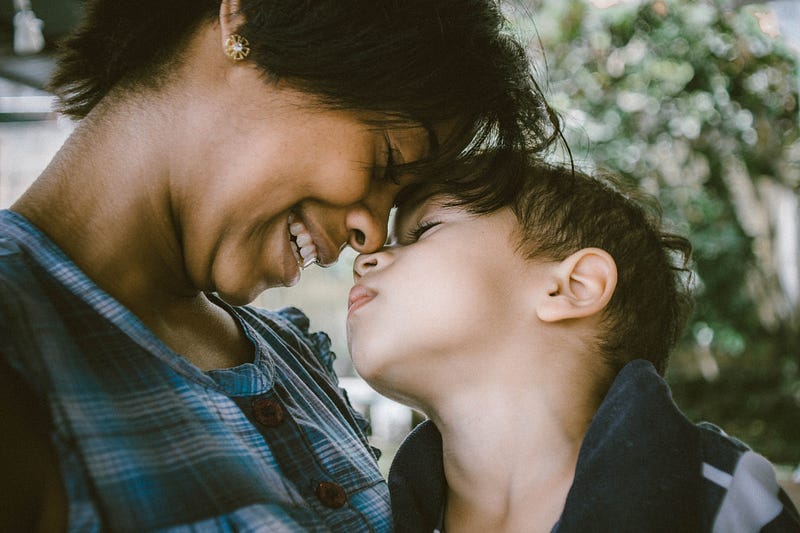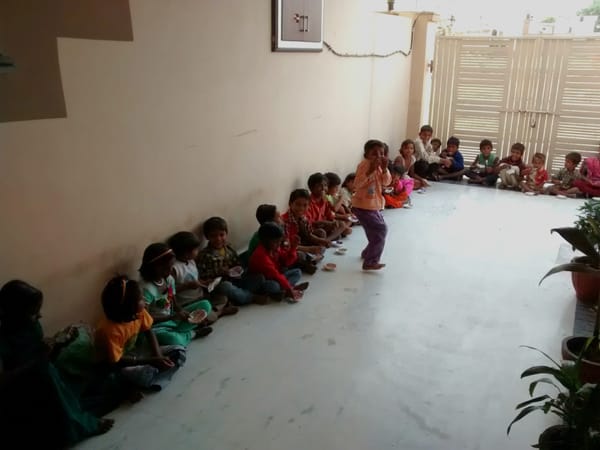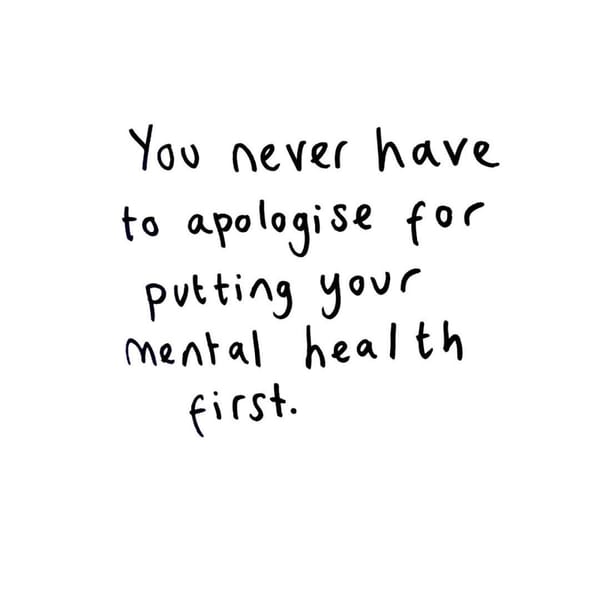Talking to Children About Mental Health
It’s time to destigmatize the stigma shrouding Mental Health

Mental Health
Talking to Children About Mental Health
The prospect of talking to your children about Mental Health can feel intimidating at first. But some talks, even those that seem uneasy to initiate, have to be undertaken for the greater good of your children.
I believe anything that’s learned and emphasised in childhood stays with us for the rest of our lives. If you want to inculcate any good habit or you want your children to excel in sports, music, writing or any other pursuit, creative or non-creative, for that matter, start it early from their childhood.
In a similar vein, if you want to change the perspective around Mental Health you will have to start earnestly talking to your kids from a young age.
Breaking the ice with your children
First of all, tell them that physical illness and mental illness are similar. Tell them that just like the other body parts(eyes, legs, heart etc.), brain can also sometimes fail to perform to its optimum level resulting in a mental illness.
Give them the corollary that just like due to the deficiency of calcium, your bones could weaken and undergo damage or you could face difficulty in moving your legs, similarly, the deficiency or imbalance of certain chemicals in the brain could cause mind to function strangely and result in a mental illness if not taken care of.
But before you initiate the conversation, ensure that you keep the following things in mind:
Don’t underestimate them
It is true that they don’t have the vocabulary regarding mental health but they very well understand it and perceive what is happening around them.
Encourage them to talk openly
Mostly it is the pent-up feelings and repressed emotions that wreak havoc in our mental lives. Don’t let your child suffer in silence. Encourage him/her to talk about his/her feelings.
Help them recognize emotions
The first step towards managing your emotions well is to name them as they arise. It’s easy to sometimes confuse frustration with anger. Assist your children in naming the different emotions that we encounter in our daily lives.
Be supportive
Your support will go a long way in making your child develop better social skills and have higher emotional intelligence.
Conversate at their level
Parents have to make sure that they are having the conversation with the children’s perspective in mind and use the words that are easily understandable.
Make them comfortable
Children should be made to feel at home, in a relaxed state. You should act as their friend and not someone who is giving a parenting lecture. Give them an open and safe space where they’re comfortable asking tough questions. Most importantly, make them comfortable with the discussion on mental health. Keep it light!
Conclusion
By talking to your children about mental health you are taking a step in the right direction and helping them grow as a mature individual. To aid in their holistic development, it is imperative that you acquaint them with all the frailties of human life.




